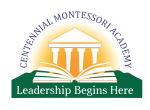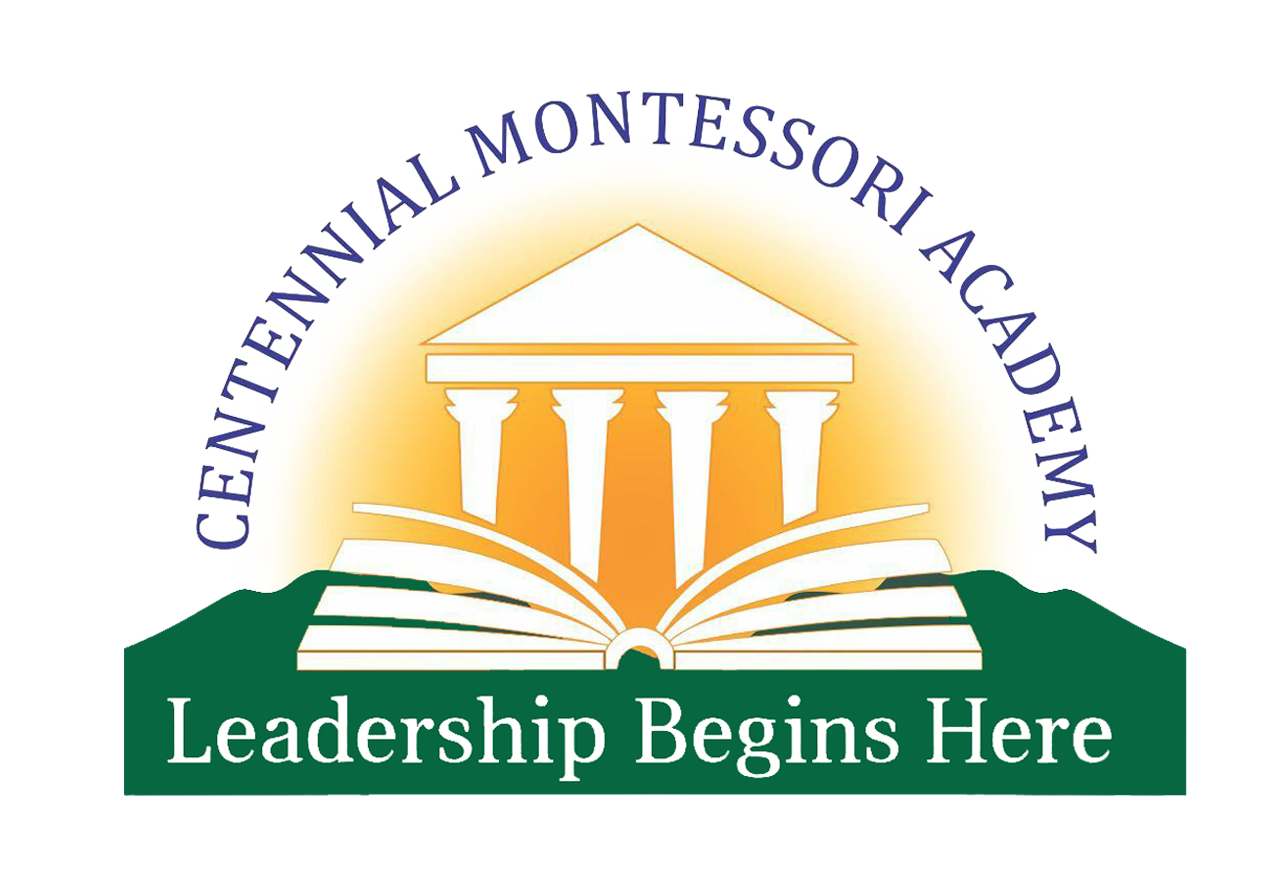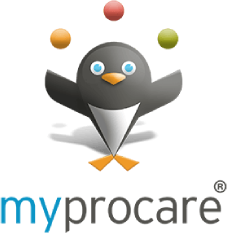Montessori Methodology
Practical Life
The practical life area is one of the four general areas in the prepared environment. Activities here build on the child’s natural interest and help him develop good work habits, concentration, eye-hand coordination, a lengthened attention span and control of his body (Montessori, The Secret of Childhood).
Practical Life or Everyday Living Skills activities are important to teach children to function in their own environment and find their place in their world and culture.
Practical Life exercises help children find their place in their home by becoming involved in how their homework and how they can best function in their home. When children become involved in the workings of their home, it creates a great sense of pride and builds self-confidence. This sense of self-confidence will be imprinted in their being for future success.
Practical Life exercises include pouring, sorting, food preparation, care of self (hand washing, dressing oneself), care of the environment (table setting, sweeping), and grace and courtesy lessons (saying excuse me, introducing oneself.)
Practical Life skills are the foundation of all other areas in a Montessori environment.
Consequently, all of the Practical Life activities are designed to be purposeful work that leads children to more complicated work; children refine their fine motor skills through repetition of Practical Life exercises.
Practical Life activities build children’s concentration, coordination, order and independence enabling them to master other Montessori curriculum areas. Children love the Practical Life area because it enables them to do adult work in a child size environment.
With more and more success comes greater confidence, giving them the internal foundation to believe in themselves with the realization that they can conquer any task through repetition and perseverance. The concentration children develop through using Practical Life works will aid in future skills and success in other areas of the Montessori curriculum such as Sensorial, Language and Math and Culture.
Sensorial
“And if we look at the sensorial apparatus which is able to evoke such deep concentration (remarkable in very small children between the ages of three and four, there is no doubt that this apparatus may be regarded not only as a help to exploring the environment, but also to the development of the mathematical mind” (Maria Montessori, The Absorbent Mind, p.170).
The Montessori Sensorial curriculum promotes the development and refinement of the five senses. Children learn through their senses and all materials in a Montessori environment provide learning through touch, taste, smell, sight, hearing or hands-on manipulation, “nothing comes to the intellect that is not first in the senses” (Montessori, Secret of Childhood, p.100).
Sensorial exercises demonstrate an introduction to Math using the Base Ten Mathematical or Decimal System, “Therefore, we think of our Sensorial materials as a system of materialized abstractions, or of basic mathematics” (Maria Montessori, The Absorbent Mind p.170).
The Sensorial materials and curriculum create a method of learning through the senses and an introduction to the Montessori Mathematics curriculum. Children enjoy exploring Sensorial exercises especially around the age of 3 and 4. Some examples of Sensorial learning activities are sorting objects, matching colors, matching same tastes or same smells. A popular Montessori Sensorial work is the pink tower where pink cubes are built from the largest at the bottom to the smallest cube at the top. The pink tower cubes are a concrete representation of the Decimal Numeral or Base Ten System of Mathematics. Children love to build the pink tower!
Language Arts
Writing is therefore extremely easy for children. It is not so with reading, which demands an extensive period of instruction and requires a higher intellectual development, since it involves interpreting the signs and modulating the voice in order to understand the meaning of a word…
Writing develops easily and spontaneously in a little child in the same way as speech, which is also a motor translation of sounds that have been heard. Reading on the other hand, forms a part of an abstract intellectual culture. It interprets ideas represented by graphic symbols and is acquired only later” (Maria Montessori, The Discovery of the Child, p.199).
The Montessori preschool Language program is a complete literacy program for children ages 2.5-6 years. The program begins with storytelling, sound games with objects, and eventually children are introduced to grammar by age 6. The reading and writing materials are didactic in nature as children are able to practice the materials on their own in a cozy reading or writing nook. The Language curriculum is phonetic in nature and utilizes games and powerful teaching tools to help children learn to decode phonetic words, high frequency/sight words, diphthongs and digraphs. It is powerful in promoting early reading and writing skills using a variety of games and activities.
Dr. Maria Montessori realized that there is a sensitive period of language development and that the richer the learning environment, the more beneficial for the acquisition of a child’s skills and love of reading and writing.
The Montessori Language program is a powerful curriculum supporting the natural ability and love children have for language. At CMA provides a rich Montessori Language environment with the necessary activities that enable children to become literate at an early age.
Mathematics
“The results we obtain with our little ones contrast oddly with the fact that mathematics is so often held to be a scourge rather than a pleasure in school programs. Most people develop” mental barriers” against it. Yet all is easy if only its roots can be implanted in the absorbent mind” (Maria Montessori, The Absorbent Mind, (Maria Montessori, The Absorbent Mind, p.170).
The Montessori preschool Mathematics curriculum is a powerful learning tool for developing a strong foundation in math. Dr. Maria Montessori realized that all children have a “Mathematical Mind” and that when they are given the opportunity to explore math in a concrete way, through “hands-on” materials, abstract math concepts become easier to comprehend.
She created her Mathematics and Sensorial curriculum based on the Decimal Numeral System or Base Ten Mathematical system. All Montessori Mathematics materials are based on abstract concepts and create concrete learning materials that children use independently.
The Montessori Mathematics program creates a concrete foundation of math skills that are invaluable for future learning. The Montessori Math materials cover recognition of math patterns, addition, subtraction, multiplication, division, short and long, fraction work and skip counting.
Culture
“One was that the child’s mind can acquire culture at a much earlier age than generally supposed, but his way of taking in knowledge is by certain kinds of activity which involve movement” (Maria Montessori, The Absorbent Mind, p.157).
The Montessori Culture curriculum is focused mostly on Science, Geography, Music, and Art. Yoga exercises are a modern addition to the program.
The Culture curriculum provides a wide array of activities including learning about the continents of the world and their uniqueness such as animals and habitats. Montessori Culture activities include pictures of the places and people of the continents, books, and flags of the world. Children learn the names of the continents, oceans, and countries of the world. They learn through “hands-on” materials such as puzzle maps of the world.
Like math, science can be a challenging subject for children but when introduced during the “Absorbent Mind” period of learning, children become familiar with concepts of observation, science, hypothesis etc. Montessori Culture activities help to inspire a love of learning and offer children a new perspective of the world. Children’s eyes light up with the Montessori games and activities that explore far off lands, providing their imagination with more places to explore and countries to visit in the future.



